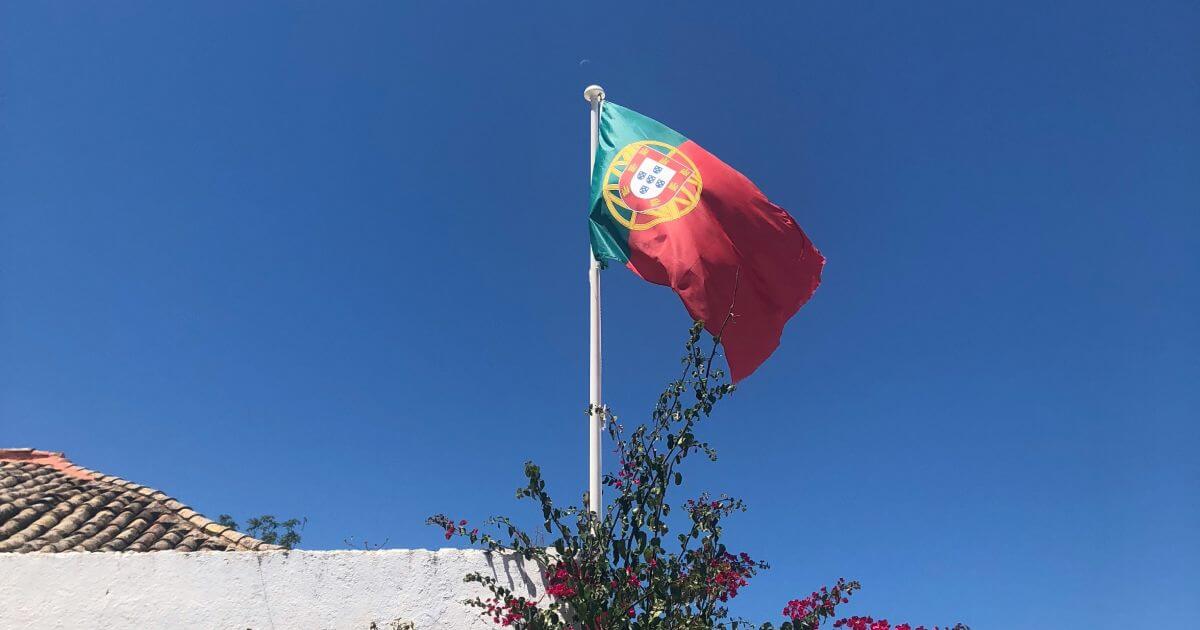Learning Portuguese in Portugal – especially the European variant – can be a deeply rewarding experience. But it’s not without its challenges, especially if you’re relying on resources made for Brazilian Portuguese or trying to learn “on the fly.”
As a tutor who helps people learn European Portuguese online, I’ve seen a pattern of mistakes many learners make. Here are the most common ones—and how to avoid them if you’re learning in Madeira or anywhere in Portugal.
7 Mistakes to Avoid When Learning Portuguese in Portugal
⚠️ 1. Learning Brazilian Portuguese Instead of European Portuguese
This is by far the most common mistake. Most popular apps and YouTube channels teach Brazilian Portuguese, which has big differences in pronunciation, vocabulary, and grammar. While the basics are similar, it can confuse your listening and speaking skills when you arrive in Portugal.
Tip: If you’re living in Portugal, make sure you’re using European-focused resources. Look for lessons and tutors who specifically say they teach European Portuguese.
Discover more about European Portuguese vs. Brazilian Portuguese: What’s the Difference?
2. Underestimating the Pronunciation
European Portuguese has a much more closed and contracted sound compared to Brazilian Portuguese. Beginners are often surprised by how fast and mumbled it can sound. Skipping pronunciation practice early on can make understanding native speakers feel nearly impossible.
Tip: Train your ear with native audio and shadow what you hear. Even repeating short sentences daily will improve your listening and speaking dramatically.
3. Using the Wrong Apps
Apps like Duolingo or Babbel teach Brazilian Portuguese by default, which isn’t helpful for real-life interaction in Portugal or Madeira.
Some differences:
- “Você” is rarely used in some regions of Portugal
- “Te amo” isn’t commonly used (you’d hear “Gosto muito de ti”)
- Words like “ônibus” (bus) are not used at all—locals say “autocarro“.
Tip: Use apps like Italki or hire a tutor who teaches European Portuguese.
4. Learning Vocabulary in Isolation
Many learners try to memorize lists of random words – but without context, they’re easy to forget and hard to use.
Tip: Learn phrases and expressions in context. Instead of learning “falar = to speak,” learn:
- “Posso falar com o senhor?” (Can I speak with you, sir?)
- “Falas português?” (Do you speak Portuguese?)
5. Not Practicing Listening Enough
A lot of people focus on grammar and reading, but when they hear real conversation, they freeze.
Tip: Expose yourself to natural speech through:
- RTP Madeira (TV)
- Local radio or YouTube channels
- Podcasts with transcripts (e.g., Portuguese Lab)
- Even 10–15 minutes per day can make a huge difference.
6. Being Afraid to Speak
You don’t need perfect grammar to communicate! Many learners wait too long before trying to speak, fearing mistakes.
Tip: Start using basic phrases early. Locals in Madeira are friendly and appreciate any effort to speak the language. Mistakes are part of the process!
❌ 7. Ignoring the Local Dialect in Madeira
The Madeiran accent has its own melody and expression. It may sound more “sung” than mainland Portuguese and include local vocabulary.
Tip: Ask locals to repeat slowly and explain. If you’re living in Madeira, learning some regional expressions can help you connect faster with people.
Final Thoughts about Mistakes to Avoid When Learning Portuguese
Avoiding these common mistakes will save you time, and frustration, and help you become a more confident Portuguese speaker in Portugal.
Remember:
- Focus on European Portuguese from the start.
- Practice listening and pronunciation daily.
- Speak early and often—mistakes are part of learning!
Frequently Asked Questions
Should I learn European or Brazilian Portuguese if I’m living in Portugal?
You should learn European Portuguese. It’s the official variant used in Portugal and has major differences in pronunciation, grammar, and vocabulary compared to Brazilian Portuguese.
Why does Portuguese sound so different in Portugal?
European Portuguese has more closed vowels and a faster, more contracted speech style. It often sounds “mumbled” to learners, making listening practice essential.
Which apps are best for learning European Portuguese?
Avoid generic apps that default to Brazilian Portuguese. Instead, use resources like PracticePortuguese.com, Memrise (European courses), or take online lessons with a dedicated tutor.
Is the Madeiran accent very different from mainland Portuguese?
Yes. The Madeiran accent includes regional vocabulary and a more melodic pronunciation. While locals understand standard Portuguese, learning a few Madeiran expressions helps with integration.
Ready to Learn the Right Way?
I offer online lessons specifically focused on European Portuguese, tailored to ex-pats, digital nomads, and travellers living in Madeira or Portugal.
Want to chat? Book an intro session here or send me a message – I’d love to help you learn in a way that feels natural and useful for real life in Portugal.

